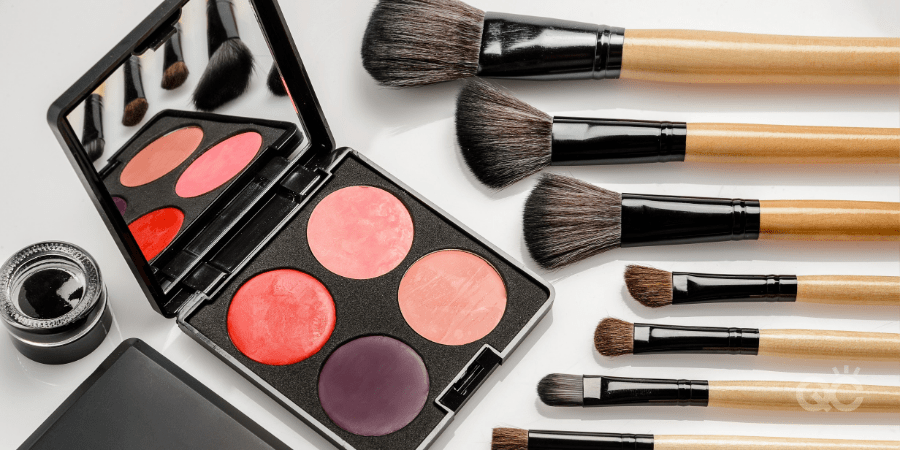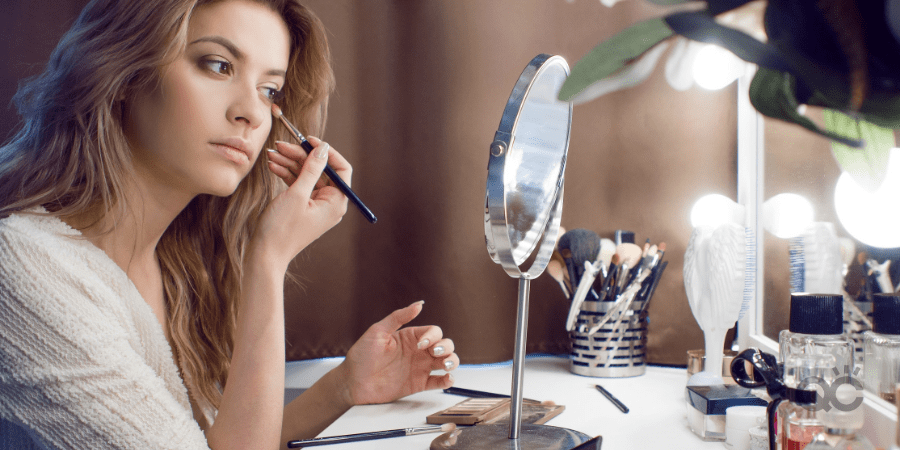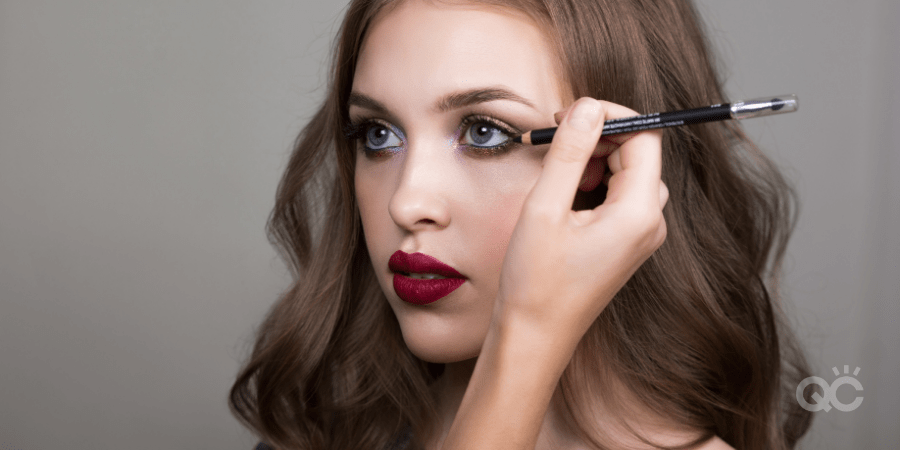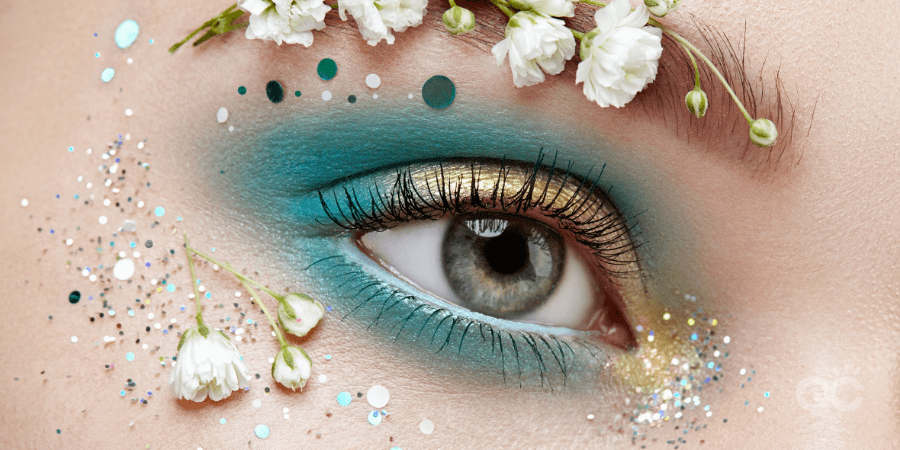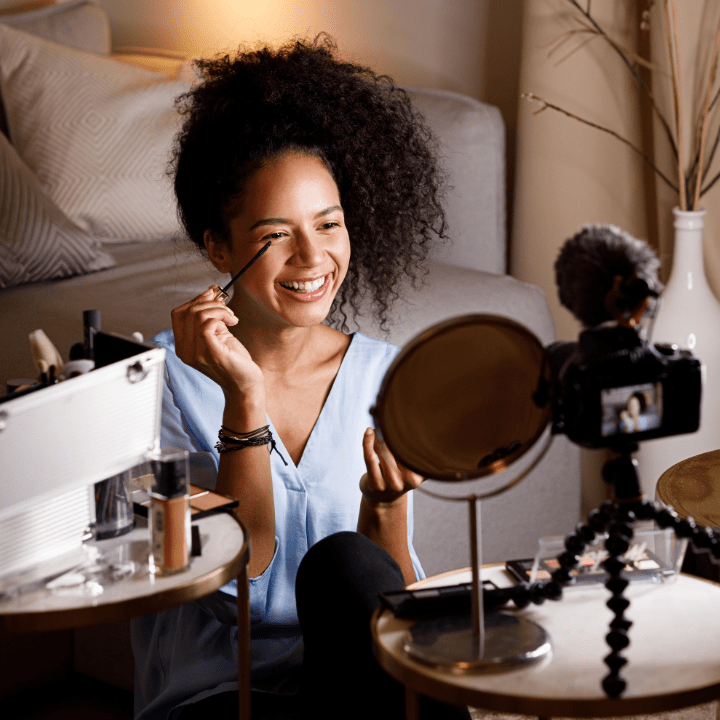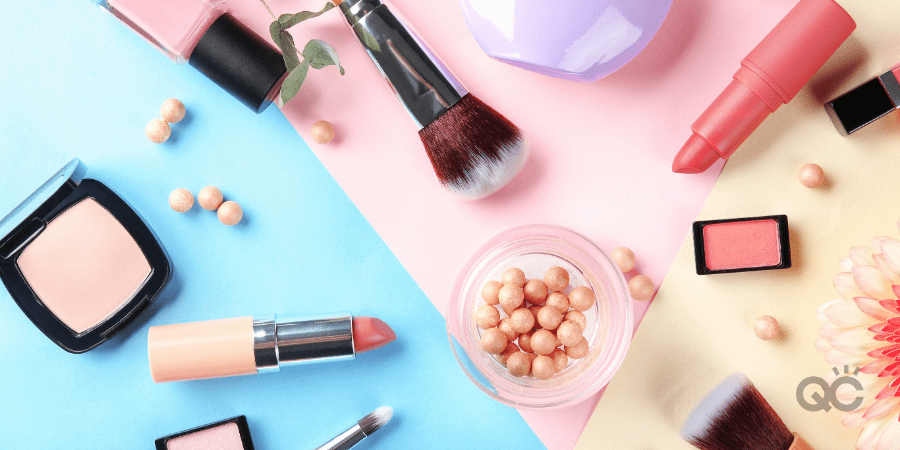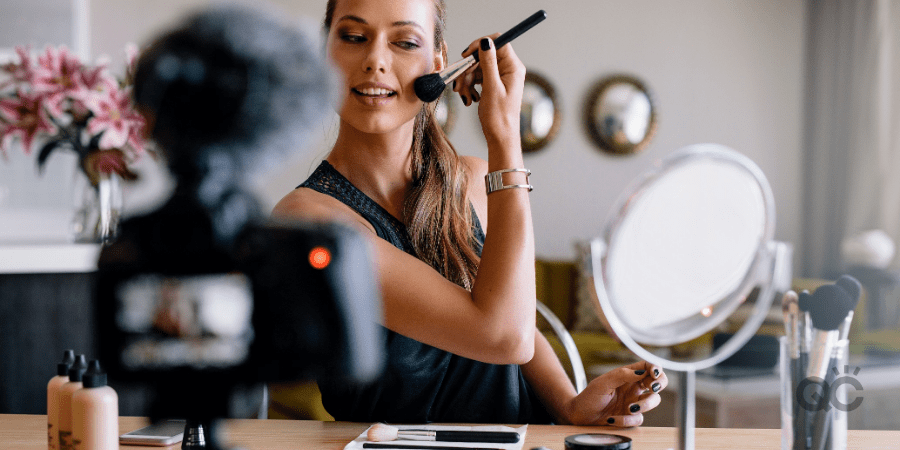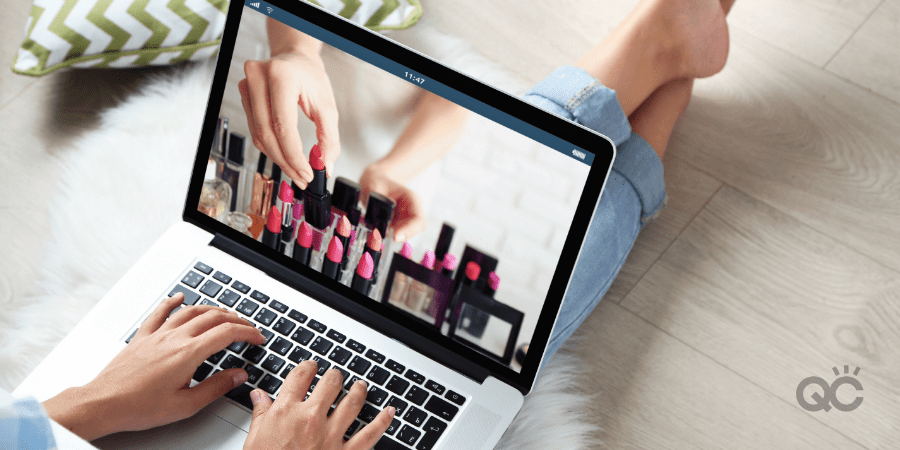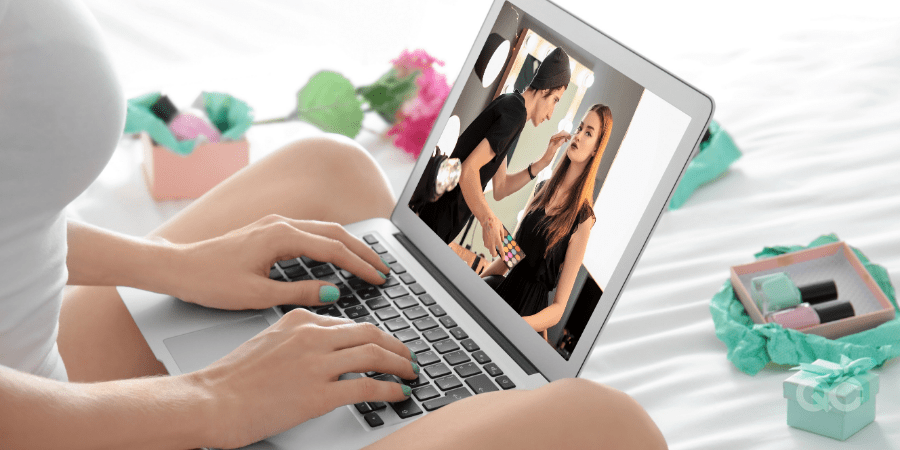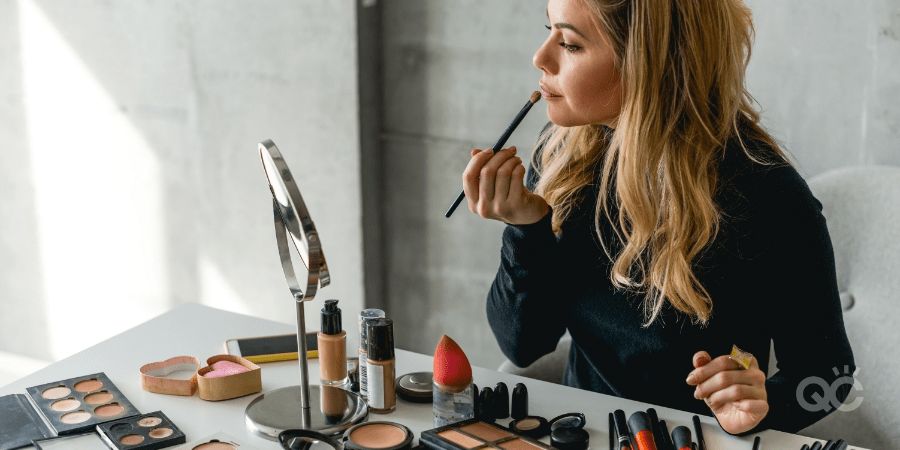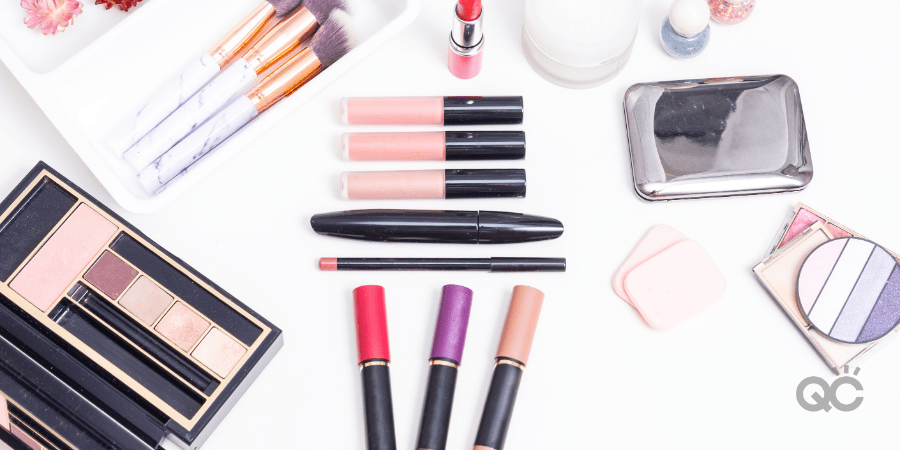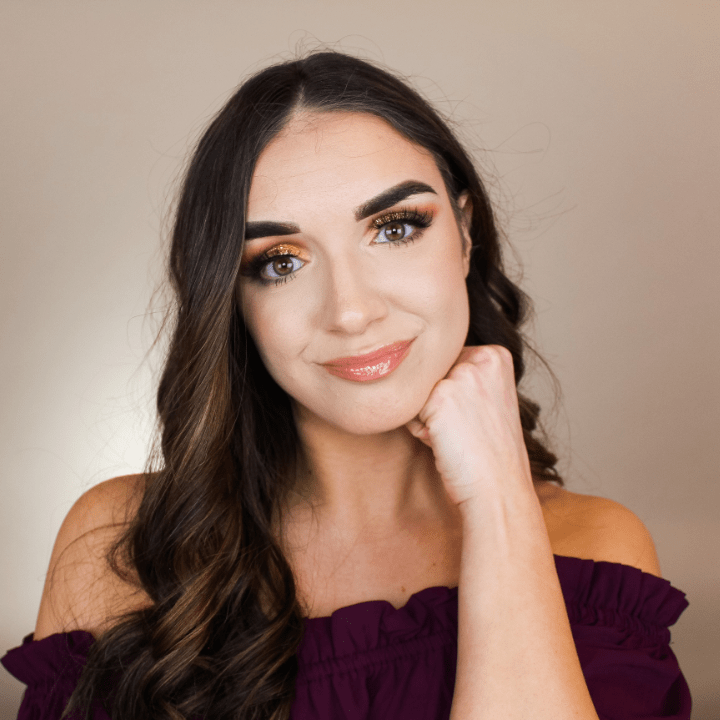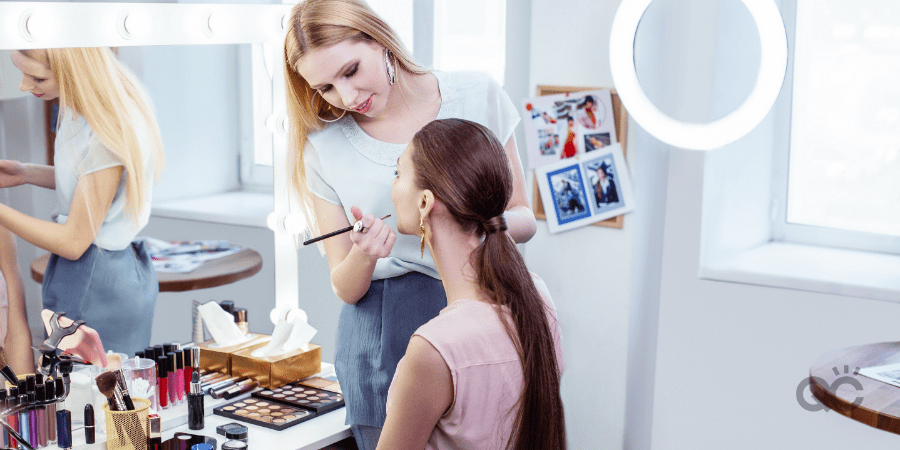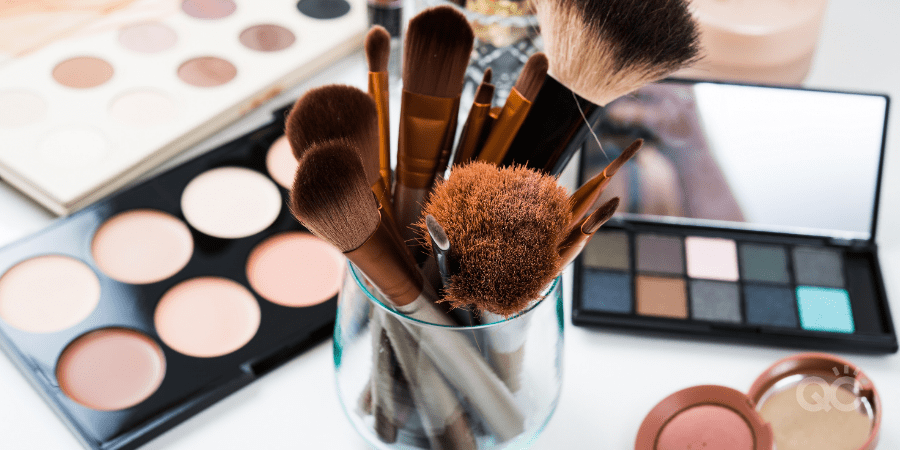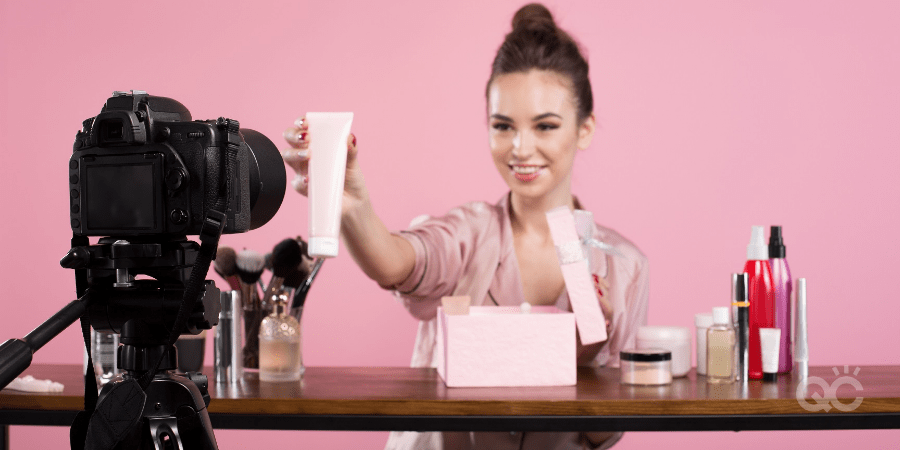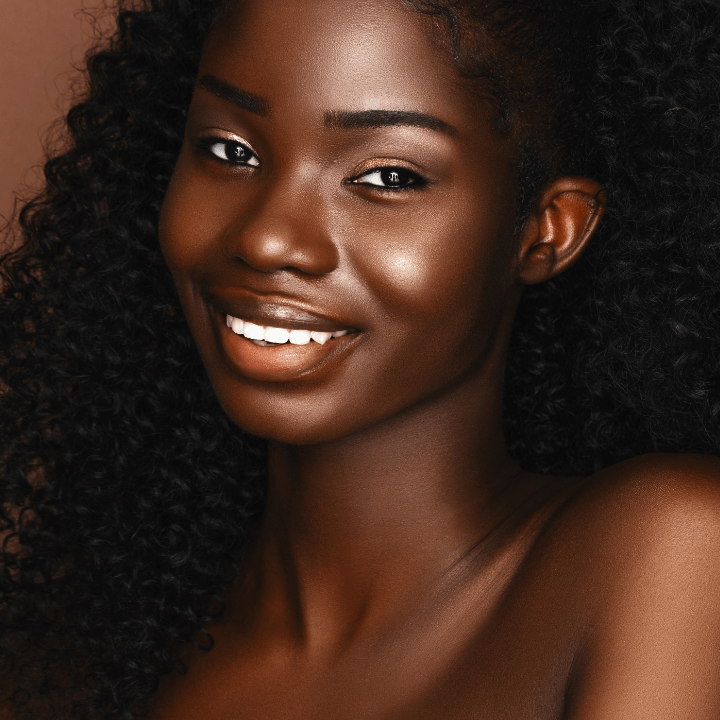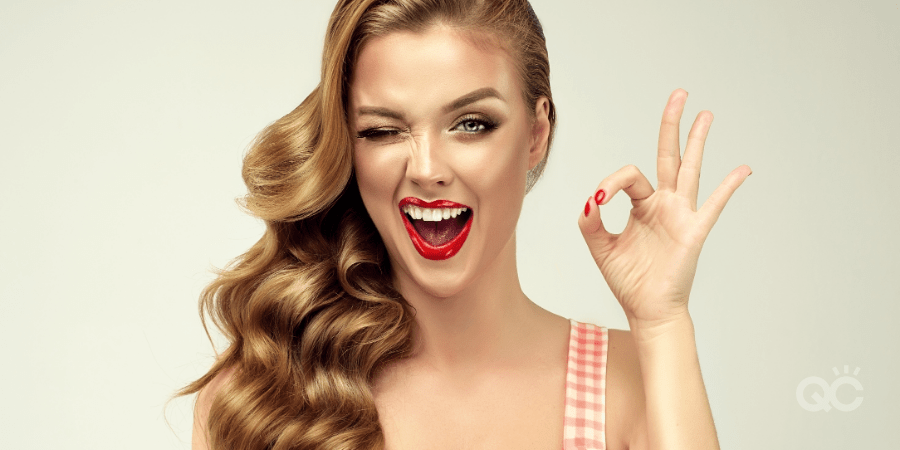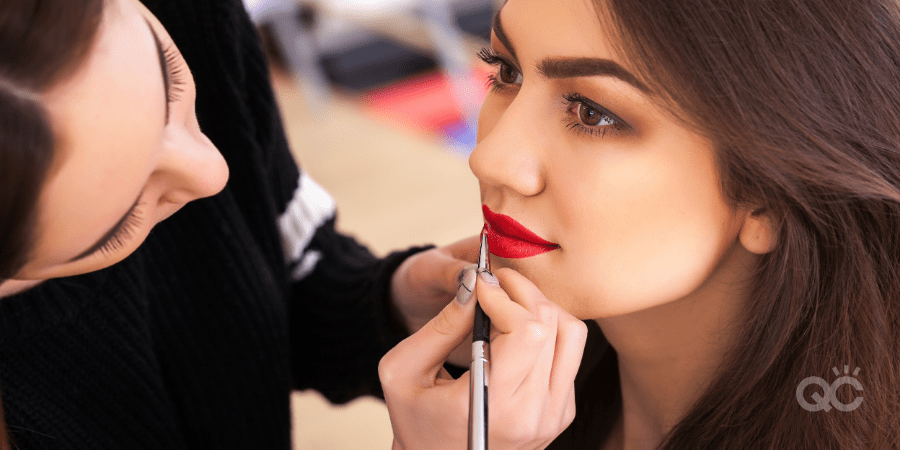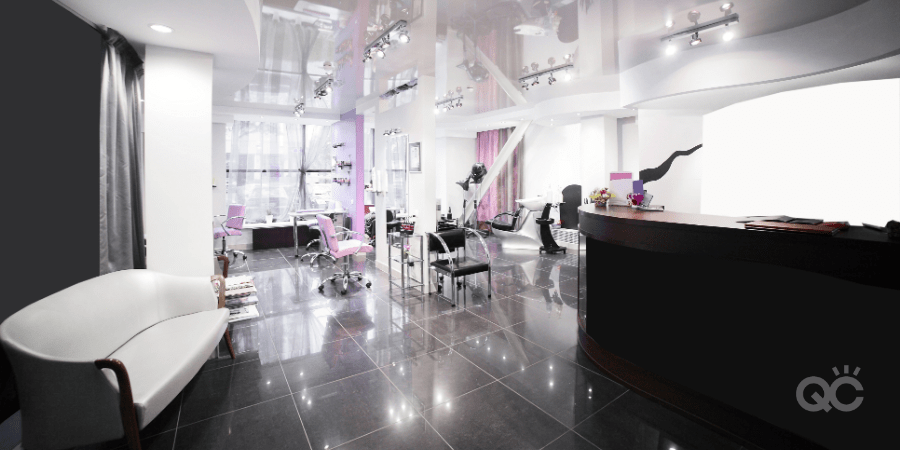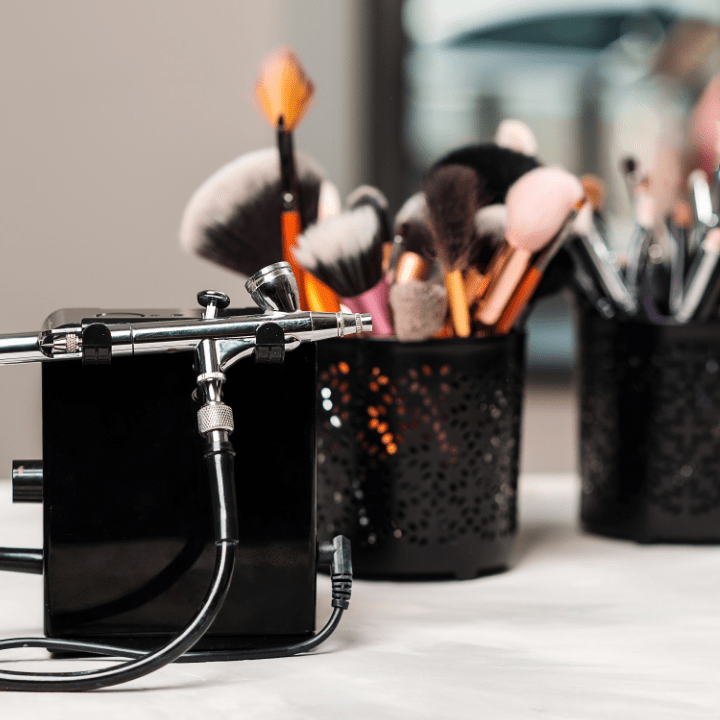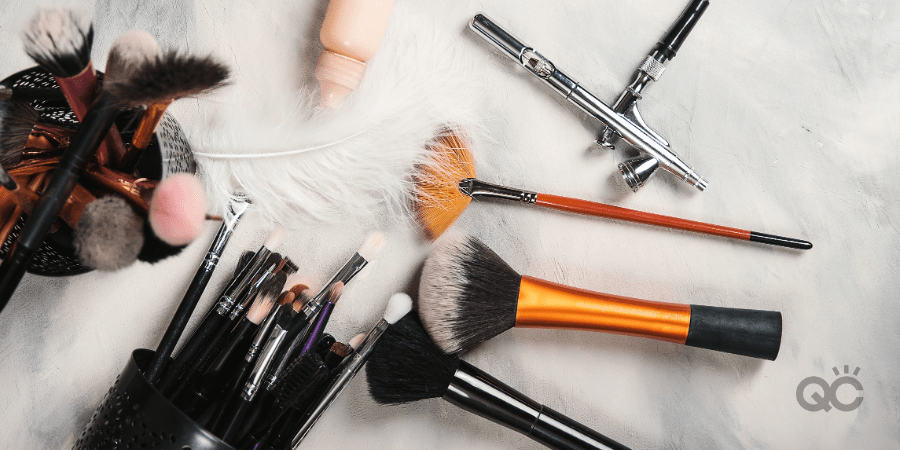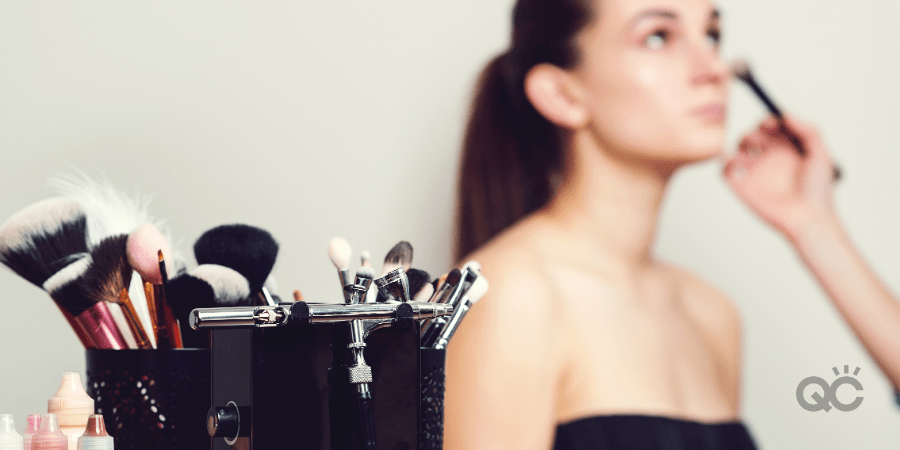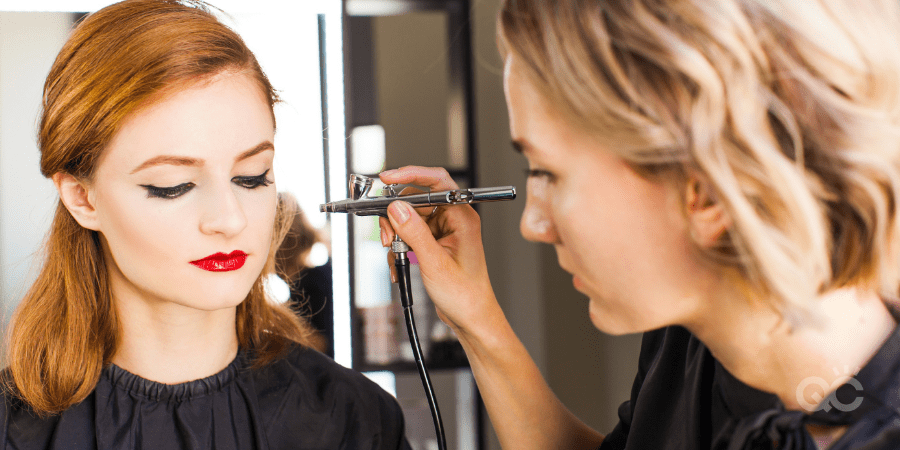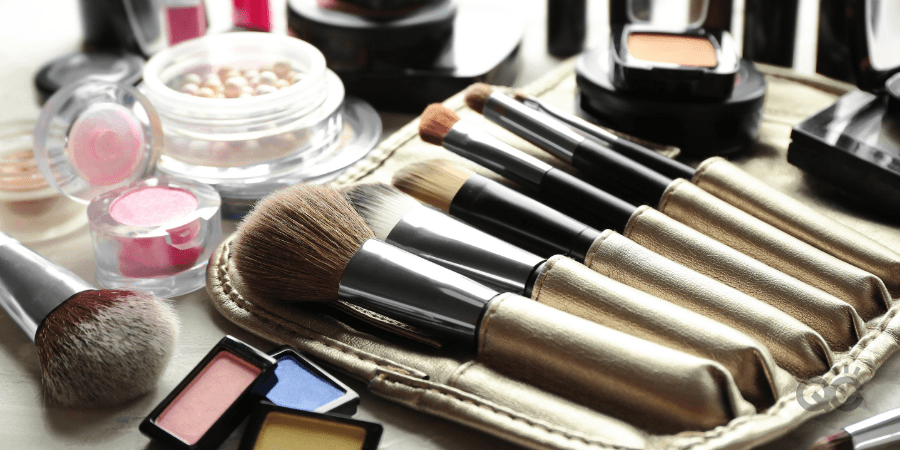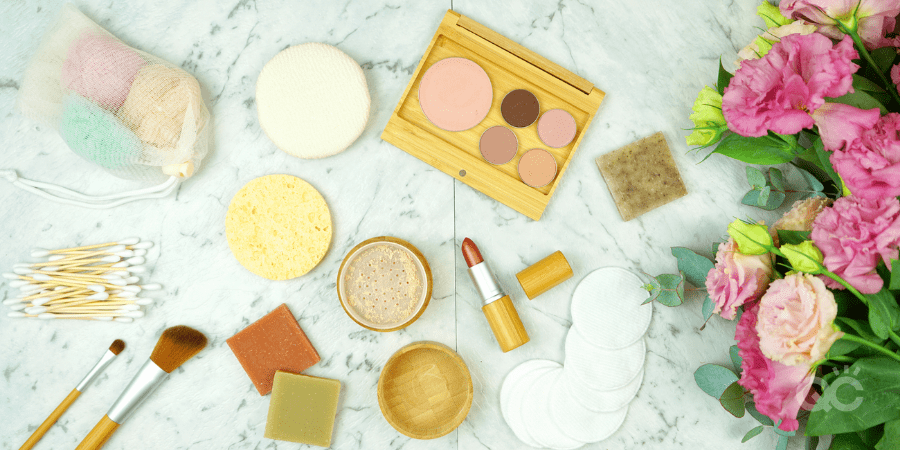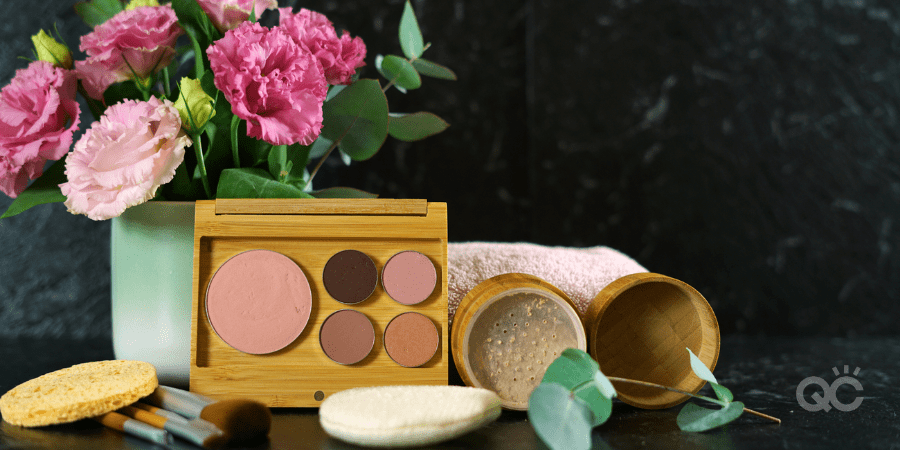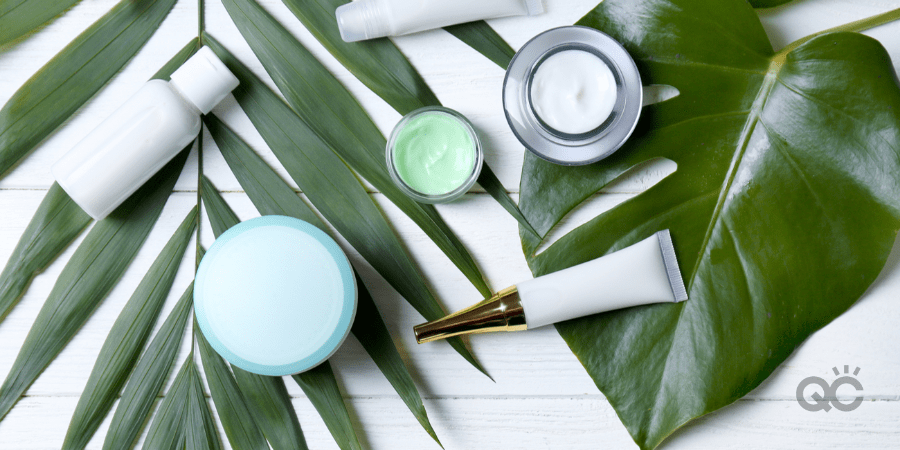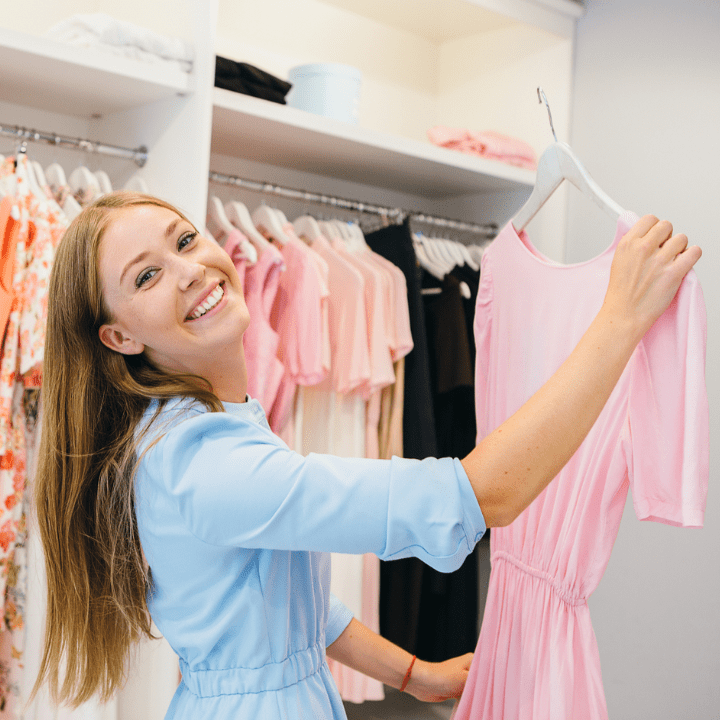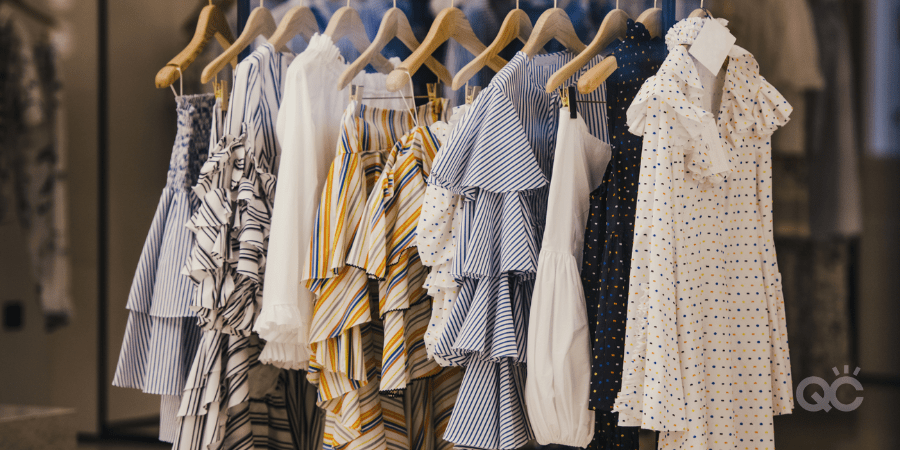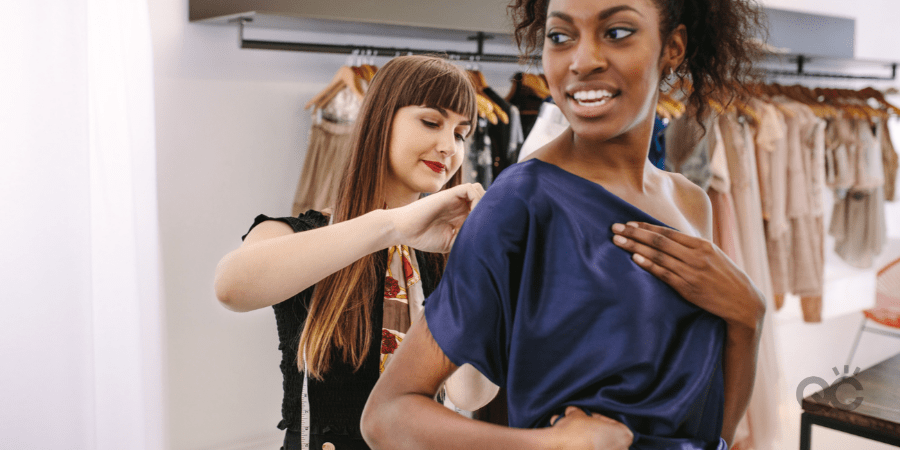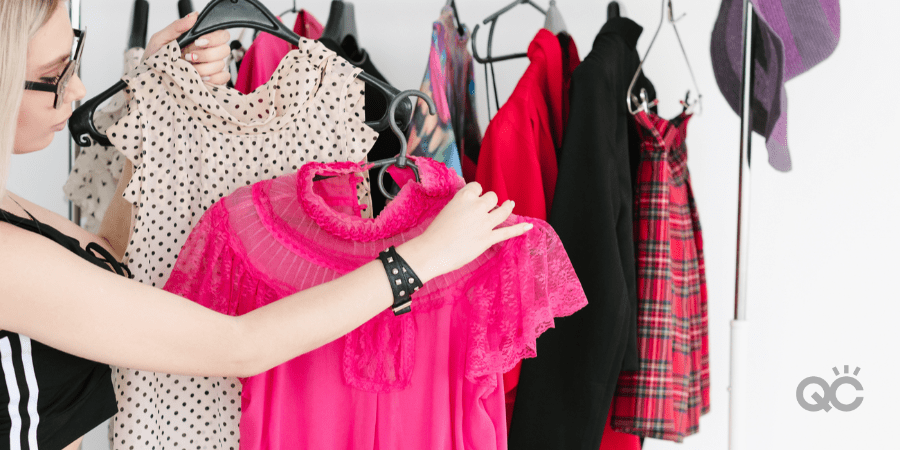
Australian MUA, Charlotte Ravet, is the proud owner of her very own hair and makeup business. From bridal, to editorial, to film and television, and everything in-between – Charlotte provides a wide variety of services that cater to all types of clientele!
Her extensive resume includes working for Prada, L’Oreal, and even the cast of the hit show, Glee! A developer of educational programs, Charlotte has even been awarded Best Makeup Educator of the Year by the Australian Industry Makeup Awards.
Here, she examines the best (and cheapest) online tools to help you market your makeup artist business!
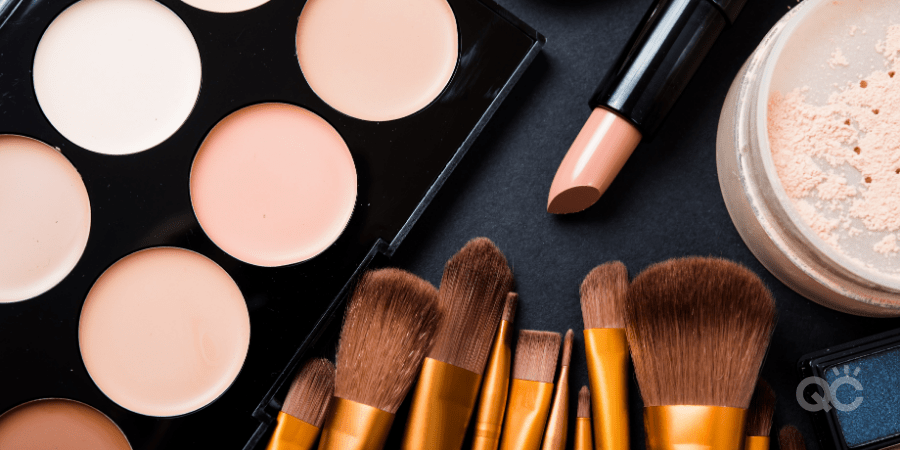
Over the last few weeks, freelancers and makeup artists alike have seen their number of clients decreasing due to the coronavirus crisis. Thanks to social distancing, people everywhere are being advised to remain indoors as much as possible. But what many don’t realize is that staying home can also be a gift!
On a regular day, our schedules can get insanely hectic. We often forget how to make time for other goals and aspirations. Being stuck at home can allow us to do all the things we never usually have time for. We can turn this from a negative to a positive!
As a freelance makeup artist, the amount of effort you dedicate to both your brand image and business marketing are both essential! This is especially the case when trying to network and connect with new clients.
Get Your Name Out There
The first step to finding new clients is to be seen! It’s important that you know how to project the right image of your business. There are countless marketing tools that can help you gain online visibility, but here are 3 specific ones we will explore in more detail:
- Your brand image + logo
- Your business website + SEO
- Your social media channels + content
Let’s break each one down…
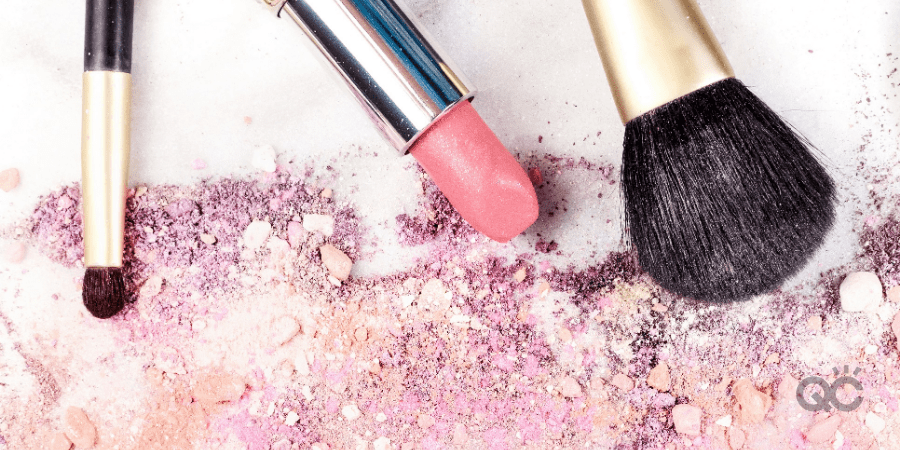
1. Your Brand Image + Logo
When your client looks at your work online, you want to give her a way to identify YOU from all the competition. What makes you different? How do you stand out? Importantly, why should this potential client choose to work with you?
Your branding should be able to speak for itself and answer all of these questions!
Here are a few tips to help you create your very own niche:
- Choose a consistent color palette and font that will be used for ALL of your documents, websites, business cards, etc. This is going to play a HUGE role in your branding. When you think of notable companies, you can easily identify them through their smallest details. For example, if I said “Coca-Cola”, you likely immediately envision its cursive font and red and white colors. You want your business to be this easily recognizable, too!
- Pay attention to detail. When creating an online presentation, business cards, social media posts, etc., there are tons of different online software you can use to help. For example, I highly recommend Canva. Canva is an online design website where you can create all types of materials, upload your own images, and create great designs at no cost! (There are paid options also available, but even the free services provide all the basics!)
- Don’t be afraid to ask for help. When creating your logo, one option at your disposal is to outsource the project to other Freelancer.com is a great website for this! It connects you to other freelancers, provides quotes, and allows you to hire them for all your online work – all at your own convenience. Simply post your project, and receive bids from freelancers from all over the world. But don’t forget to read that person’s reviews before hiring them!
2. Your Business Website + SEO
Your business website is the platform where you display your services to clients. Other notable information to include would be your:
- Biography
- Contact info
- Prices
- Reviews
- Certifications
- Online booking forms, etc.
Importantly, your website is also where you’ll show off your portfolio of work! Just make sure that the images you use are high resolution and look professional.
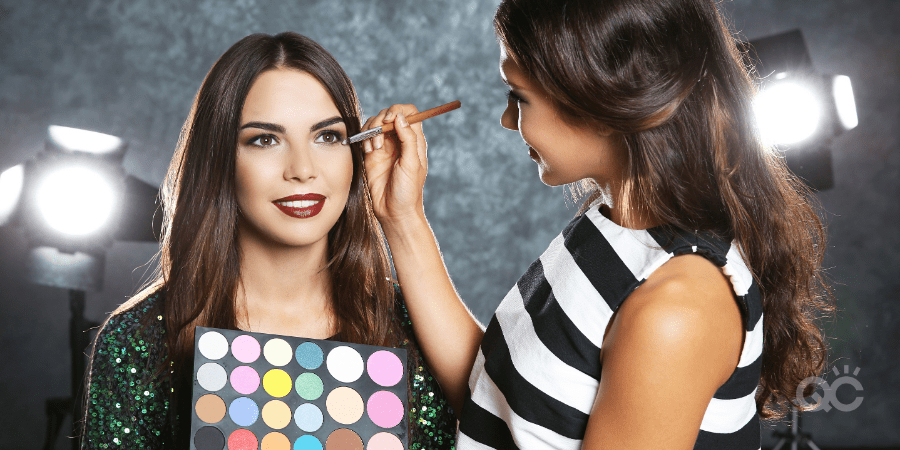
There are many online platforms you can use to create and host your business website. Many of them will offer templates, making the process much simpler for those who aren’t all that tech-savvy. You may also have the option to purchase your own company emails. Both Wix and WordPress are wonderful tools you can use!
Here are 3 amazing examples of professional portfolios and websites that you can use as inspiration.
Pro tip: Be careful with your domain name! Try to choose a short domain name that’s easy to remember. If you want to be found locally by your customer, you can choose a domain suffix from your country (such as ‘.ca’, ‘.co.uk’, etc.). However, if you want to be recognized at an international level, you should use ‘.com’ as your website’s domain suffix.
The Importance of SEO
Your makeup artist business won’t appear on a Google search simply by creating a website. This is determined by your website’s SEO. By using specific keywords, and having your website linked from other sites, you can improve your chances of getting a higher SEO ranking and appearing in Google’s top search results.
SEO can be time-consuming, and hard to understand if you’re a beginner. If it feels a bit too overwhelming, why not outsource it to an expert? There are tons of agencies and/or freelancers who offer a monthly rate in exchange for assisting with your website’s visibility.
Yes, it may initially cost a bit of money, but as soon as it starts rewarding you with more clientele, you’ll have more than a return on this investment.
Also, don’t forget to ask your clients to give you a review! This will help your next clients to know about the quality of your work, while helping the overall visibility of your business.

3. Your Social Media Channels + Content
Consistency is key when it comes to social media! Create posts regularly, with easily-identifiable content. Ensure to use the same color palette, the same font, and even (when possible) the same angle for your posts. This will all help your clients easily recognize your work.
Think of your social media channels as your very own magazine! When your clients look at your page, what do you want them to think? What feelings do you want to inspire?
Just keep in mind that in terms of content, creating beautiful makeup is not always enough. You might want to consider the way you intend to present your content, too. Apps such as Whitagram give you the option to customize the format and aesthetic of your posts. If you’re looking for more ideas, here are 5 other apps you can use to edit your Instagram posts!
Remember: Mornings and evenings are the best times to post content times. This is when people are proven to be the most active on social media!
Over the course of the next few weeks (perhaps longer), you’ll have the opportunity to revamp your online visibility and marketing strategies. Maximize your time at home by readying yourself for the next season! Give your online presence a fierce makeover, and you’ll be amazed at how quickly you start booking clients once things go back to normal!

